Reading the poetry collection: "Thy danh rong moss" by poet Nguyen Van Trinh
Before transferring to Ba Ria - Vung Tau, I worked in Quang Tri for nearly fifteen years. In this land rich in love, I am familiar with most of the artists and journalists. But I have never met poet Nguyen Van Trinh, only read his poems in Cua Viet magazine and Quang Tri newspaper.
Recently, I read the poetry collection “Thoi danh rong reu” by poet Nguyen Van Trinh, consisting of 69 poems, with many rich themes, clear structure, and overflowing emotions. Poems are about fathers, mothers, love, martyrs, soldiers, the hometown river, the four seasons of flowers and fruits, the human condition, the beloved school and students... His poems are full of moods, vibrating with each level of emotion.
Previously, poet Nguyen Van Trinh published 3 separate poetry collections: “White Clouds by the Sky” by Thuan Hoa Publishing House, 2011; “Dreaming Sunshine” by the Writers Association Publishing House, 2019; “Fallen Afternoon Shadows” by the Writers Association Publishing House, 2022 and “Let’s Leave the Mosses” by Thuan Hoa Publishing House, 2024. Of which, “Dreaming Sunshine” received the C prize, the Quang Tri Province Literature and Arts Creativity Award, 2019.
The teaching profession is respected and honored by society, likened to a gardener, a ferryman, a silkworm spinning silk, a candle lighting up knowledge... As a loyal Literature teacher, teacher Nguyen Van Trinh never forgot to write poems dedicated to the schools in his hometown where he used to teach. I seem to find myself in them, because he and I have similarities.
When we were in high school together in Binh Tri Thien province, he and I both had poems published in newspapers. If I was a Literature teacher before joining the army: "For the sake of the Fatherland, I took my gun and left/ The frontier was filled with bullets and fire for months/ I had to leave my children, my lesson plans/ And the young girl's moon in the schoolyard" (Visiting the Old School), then he belonged to Unit C21 under Division 10, Army Corps 3, stationed in the old Bac Thai province, guarding an important border area of the Northeast region of the Fatherland, then the unit moved to the Central Highlands before becoming a Literature teacher.
We both held guns to fight off the invaders, protecting every inch of the Fatherland's border. And another very coincidental thing is that we both live on the same street named after a famous scholar of the Nguyen Dynasty, I live at the even number 66 Chu Manh Trinh Street, Vung Tau City, and the poet Nguyen Van Trinh lives at the odd number 65 Chu Manh Trinh Street, Dong Ha City.
According to Russian literary critic Belinxky: "Poetry is first of all life, then art" . Therefore, in the poetry collection "Thoi danh rong reu", poet Nguyen Van Trinh, as a teacher of Literature, in addition to imparting knowledge, creating inspiration for learning literature, arousing passion for literature, expanding understanding of the vast world, and being moved by all circumstances of colorful life.
Since then, students love literature, love literature teachers and love the teaching profession. In addition, literature teachers also equip students with knowledge of behavior, teach them to be useful people, choose the right path, because "Literature is anthropology". Therefore, in his poetry, Nguyen Van Trinh wrote about the teaching profession with passionate, poignant verses: "I was drunk and burned myself out/On the podium with each word/...I still remember each page of literature students wrote/Essays that needed red ink for teachers to criticize" (Trieu Phong of the past is still here). Literature teachers are full of emotions in imparting literary knowledge to students.
The poet's soul soars and sublimates, composing "winged" verses. But at some point, he also meticulously counts the outstanding events of the Quang Tri Education sector that took place in fifty years, overcoming many difficulties to reap success in all aspects : "Today the fruit is sweet, the flowers are full/ Quang Tri Education, the fragrant scent of jasmine is famous" (Growing people on the land of fire).
With the sensitive soul of a teacher who writes poetry, on a windy afternoon, he wandered back to his old school, Che Lan Vien High School, to pick up memories, nostalgically remembering the students of the past, remembering the phoenix tree shade, the banyan tree roots, the stone benches, the hours of passionate teaching, as if they were still fresh yesterday: "The school I once loved / Remembering so many memories still lingering in the days and months" (A place where the soul is anchored). After many years away from Dong Ha High School, one day he returned to visit, his heart was filled with "a hundred ways of love": "Here is the podium where the joys and sorrows of the lessons were / The voice of the teacher is still passionate and passionate" (Fairy tale of the soul).
After a lifetime of diligently “taking passengers across the river”, the respected “ferryman” met a special “guest” in the sunny and warm Southern land of Nguyen Xuan Hung, a former student of Dong Ha High School, now a successful businessman in Ba Ria-Vung Tau province. The teacher and student met after 27 years since the student graduated, and were extremely happy: “When summer comes, I remember the day you left/ Leaving Quang Tri, you went to Phu My”.
Writing about a teacher "staying in a remote area", the hardships are too much to describe, sacrificing personal interests to broaden knowledge for the children: "The road to class is filled with tears/ Love for the person who sows knowledge in remote areas" (Teacher in remote areas).
Now in his sixties, poet Nguyen Van Trinh still clearly remembers the image of his father with his hard work in the fields, regardless of the sun or rain, growing rice and potatoes, hoping that his children would become good people: "Father's shadow plows the fields/He works hard all his life for his children" (Father's Shadow). The image of his mother in his poem is very touching, with a slender figure but bearing many hardships, taking care of and educating his children: "Mother is like a slender willow tree/Carrying many hardships, tirelessly raising her children" (Mother).
No other province or city has as many martyrs’ cemeteries as Quang Tri. Their graves are arranged in neat rows, just like the days when they were young and marched to battle. They rest under the shade of pine hills, with purple sim flowers, red hibiscus flowers, and fragrant incense smoke. Bowing before the souls of the martyrs, the poet sadly remembers the many comrades who remained along the Vietnam-China border, whom he had not had the chance to burn incense: “Remembering you, visiting your graves and burning incense/Letting tears fall, dew drops soaking” (Afternoon at the cemetery).
It is natural for soldiers to sacrifice themselves when fighting to protect the Fatherland, but in times of peace without gunfire, soldiers also heroically sacrifice themselves when rescuing people from crazy flash floods, landslides from high hills burying houses : "Soldiers in peacetime amid countless hardships/Every mission has sacrifices" (Soldiers in Peacetime).
Writing about the topic of soldiers, he praised the Border Guard, Coast Guard, and Navy soldiers in remote islands who day and night guard every inch of border land, every square meter of sea and islands to keep the country intact, as in the poems: "Undercurrents from Truong Sa", "Purple color of the border", "Monuments protecting the sea", "Aspiration of the sea soldiers".
Vietnam is located in a tropical climate zone, with four seasons in a year. Poet Nguyen Van Trinh loves all four seasons, with verses depicting the characteristic beauty of each season. In spring, thousands of flowers bloom, birds chirp, swallows soar in the peaceful countryside sky: "In the late afternoon, swallows fly quickly/ In the spring sky, they soar and fall in flocks" (Spring comes, warm sunshine).
The hot and sultry summer, the red phoenix flowers, the bright yellow mustard flowers, make the poet suddenly sad because he is temporarily away from the lecture podium: "The golden summer in the countryside / Adds more longing, makes the heart ecstatic" (Golden Summer). The cool autumn climate, clusters of ripe yellow fruits hanging on the trees as if inviting, the full autumn moon hanging in the countryside sky, sows a bit of melancholy in the poet's soul: "The cool autumn wind returns / Mist spreads over the sad afternoon in the countryside" (Autumn). The rainy and windy winter, the bitter cold, makes the poet sob: "Late winter, the cold wind by the window / The rain falls drizzle, making the heart colder / The temple bell echoes intermittently" (Last days of winter).
I guess that no poet in the land of “Lao wind, white sand” writes poems about flowers as much as poet Nguyen Van Trinh, because those flowers have great significance in his work, love and life: Sunflowers, chrysanthemums, portulaca, mimosa, purple flowers, magnolia flowers, phalaenopsis flowers, roses, sim flowers, mua flowers...
Each flower has its own beauty, I will only briefly mention the beauty of the reed flower in the poem “White reed in winter”. The pure white color of the soft reed flower swaying in the wind makes it difficult for people to resist the beauty of this rustic flower. The poet uses the reed flower to remind him of an innocent love: “It is not easy to tell a love story of the past/ The innocent time of childhood, what can be remembered and forgotten” and “Remembering the eyes, the smile/ Remembering the white reed bank, remembering the innocent time”.
Poet Nguyen Van Trinh not only "watches flowers, drinks tea, daydreams", sometimes his poems philosophize about life, distinguish between truth and falsehood, ponder gains and losses, admonish himself: "Human life", "What's the matter", "Life is shallow and deep", "Life is too short", "Life is not a matter of", "True and false stories", "One day", "The world", "Afternoon age"... hoping that "People live to love each other" (To Huu). And the poems he wrote about Lao girls, about the sea, about love, about hometown rivers, about villages... with gentle, simple, close poetics, touching the hearts of poetry lovers.
A lifetime of dedication to the education sector, to beloved students. The day he left the podium to return to his family home to concentrate on writing poetry, participating in creative field trips. Decades of attachment to school, colleagues, and students have now become the past, he had to accept the laws of life to find new joy for himself: "The sound of cicadas echoes absentmindedly/From the red phoenix tree, from the green willow branches/White-shirted scholars in their youth/All those memories must be left to drift away" (Just must be left to drift away).
With the limited scope of this article, I will only review some outstanding poems for readers to share with poet Nguyen Van Trinh. Hopefully, the poetry collection: “Thoi danh rong reu”, poetry lovers will find interesting and attractive things in it.
Nguyen Xuan Sang
Source: https://baoquangtri.vn/nhu-tim-thay-minh-188885.htm


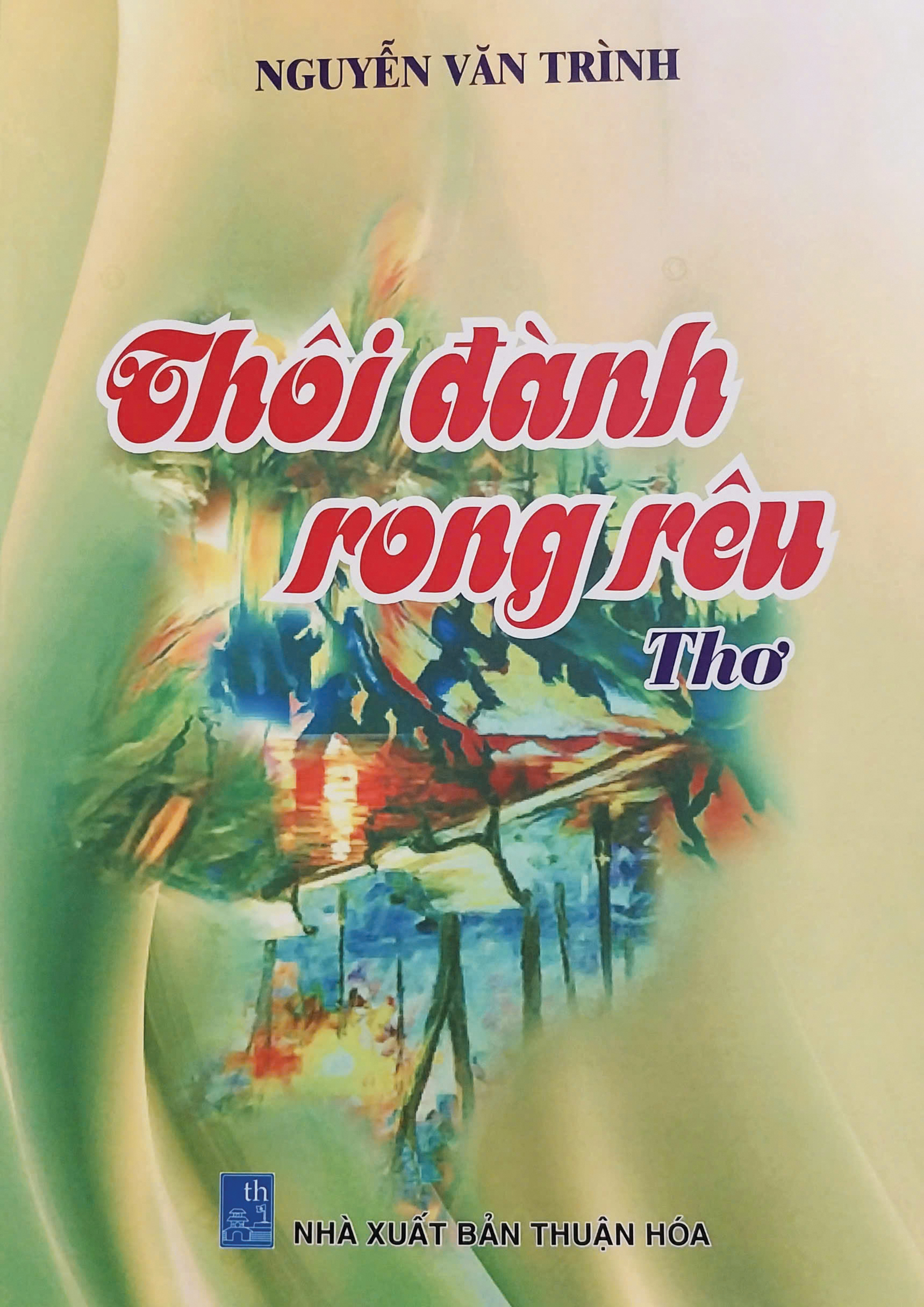
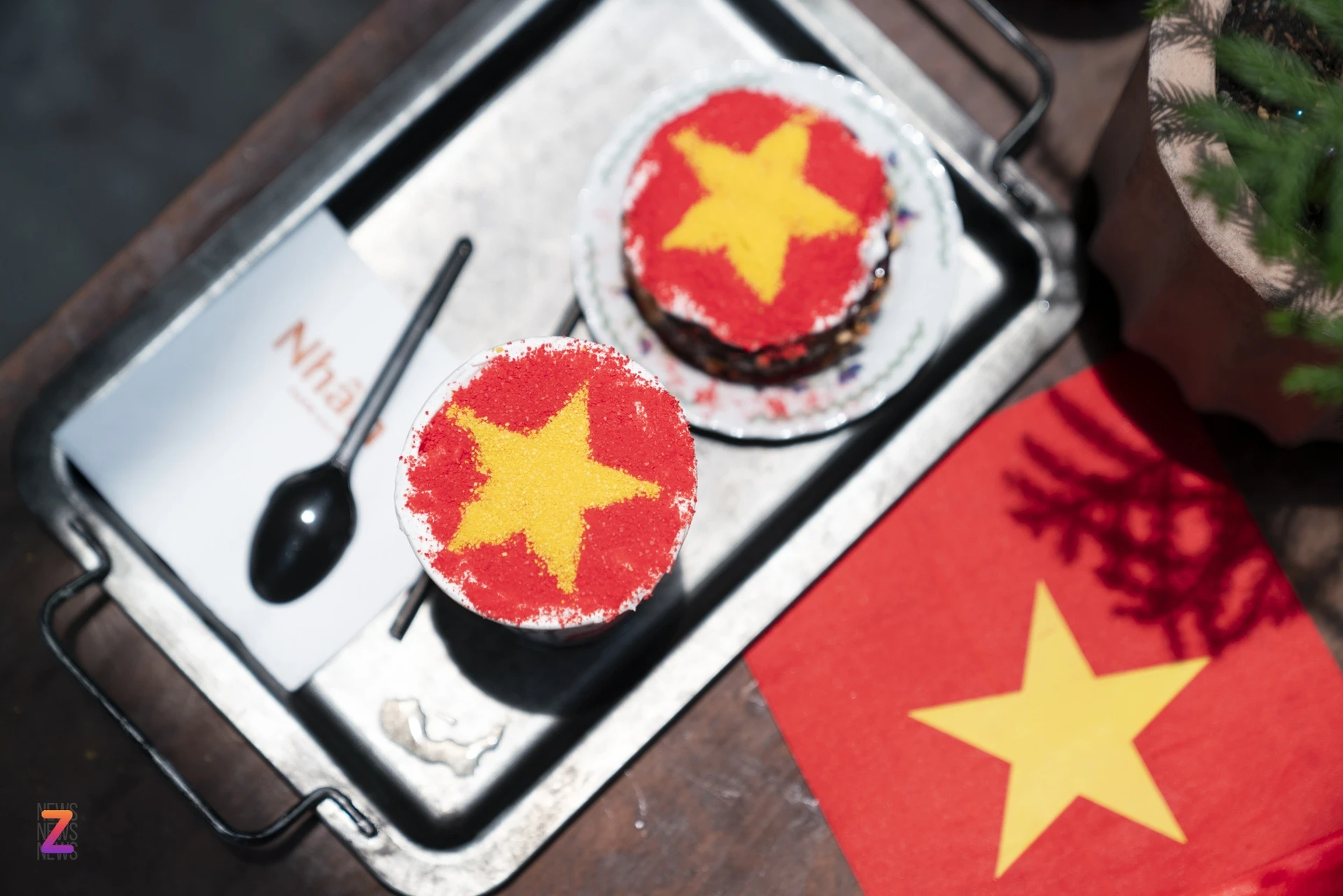


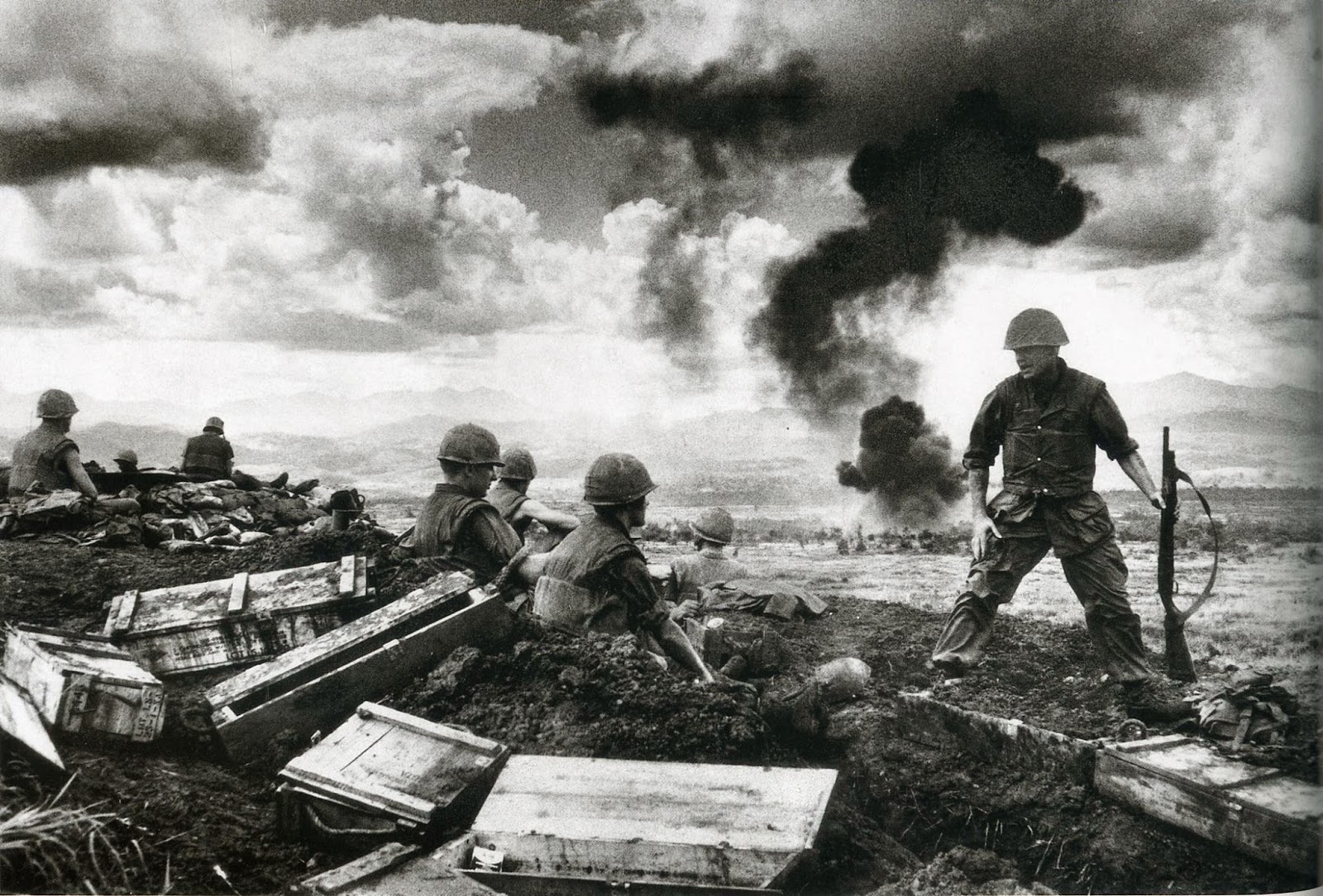
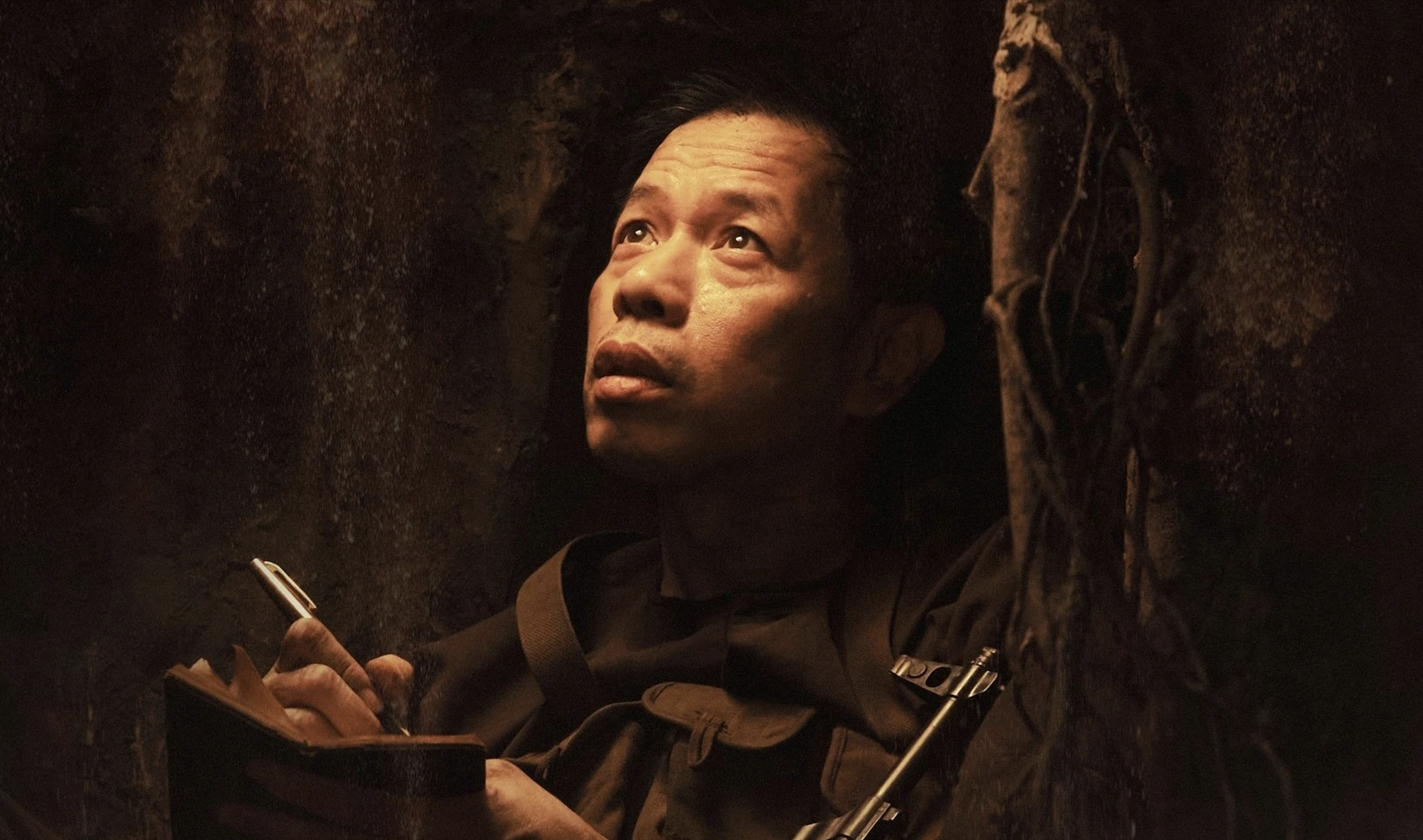
![[Photo] Quang Binh: Bright yellow vermicelli flowers in Le Thuy village](https://vstatic.vietnam.vn/vietnam/resource/IMAGE/2025/4/6/80efad70a1d8452581981f8bdccabc9d)







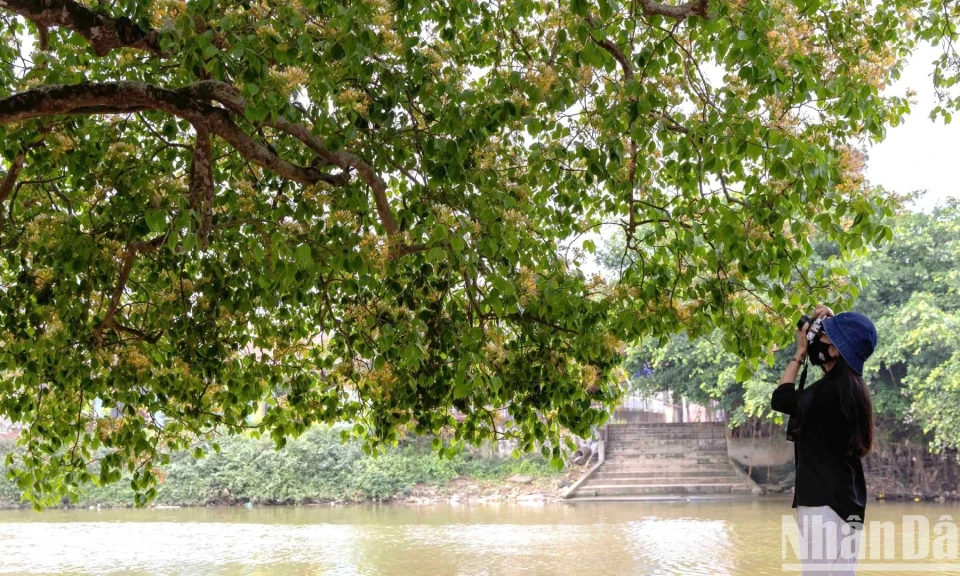
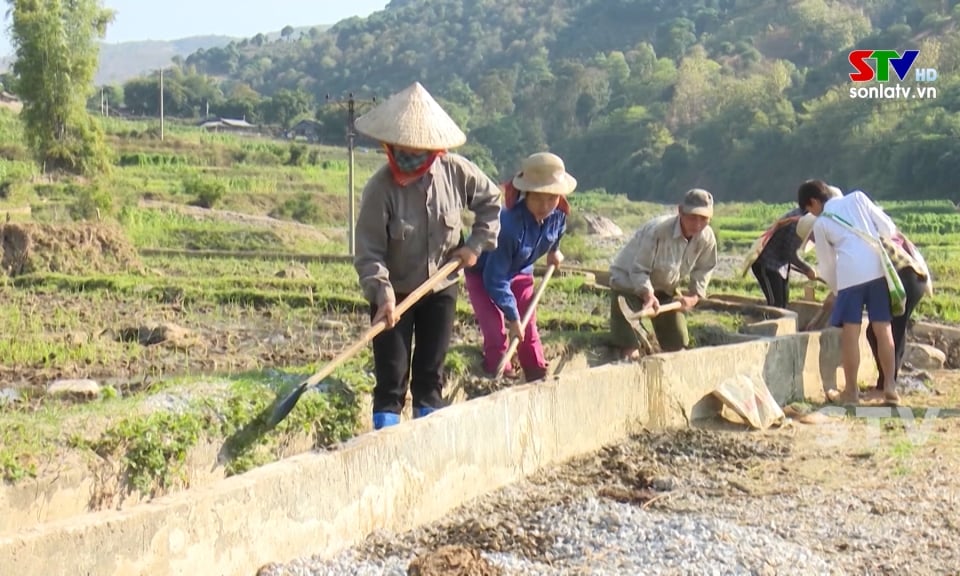
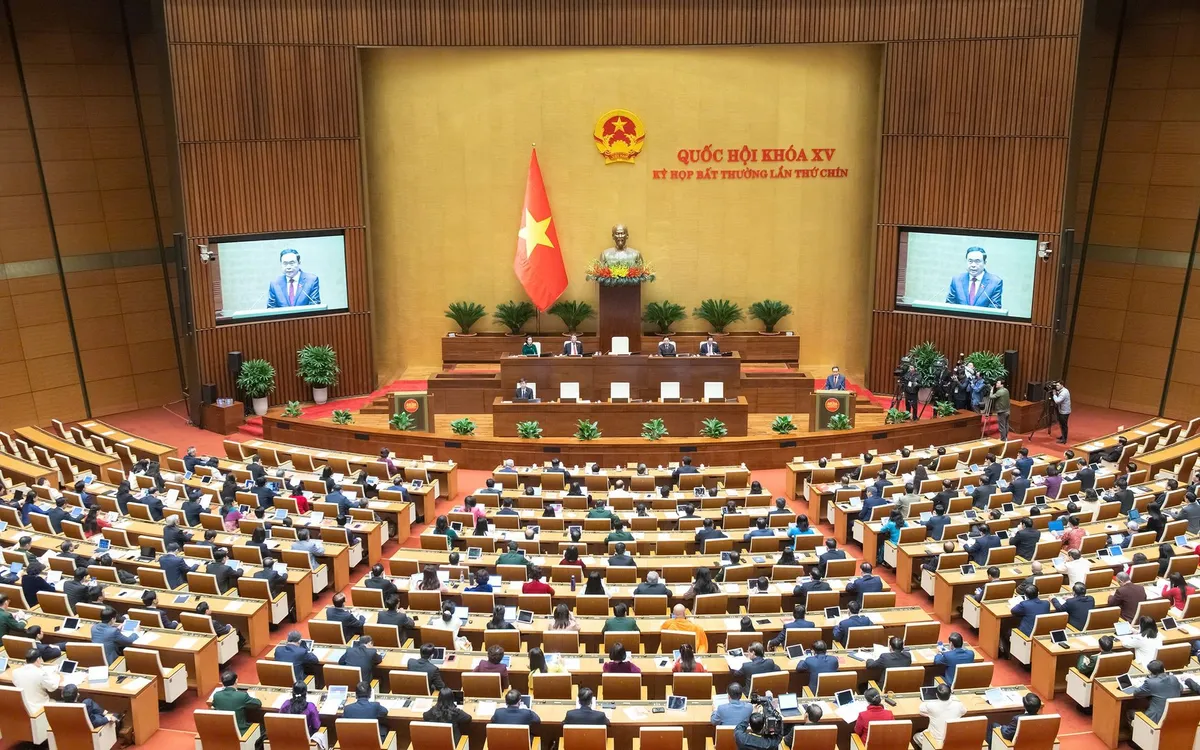
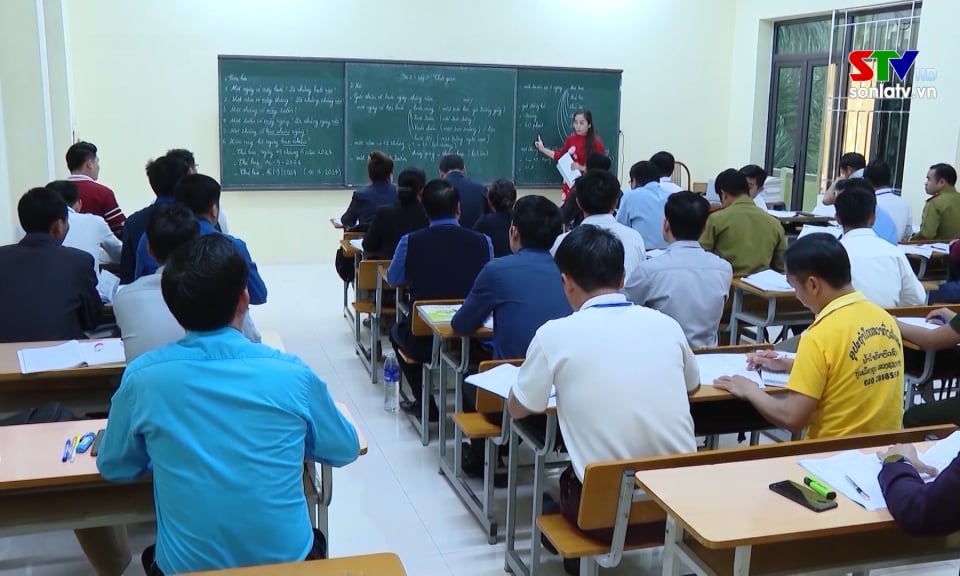
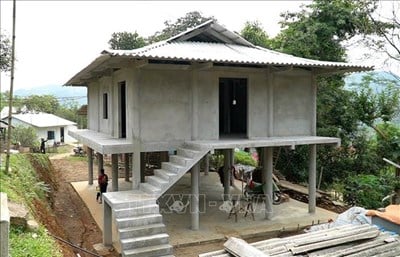



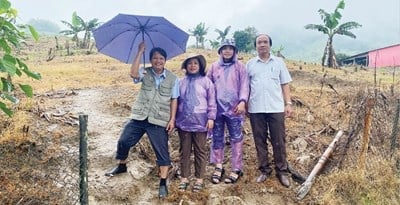
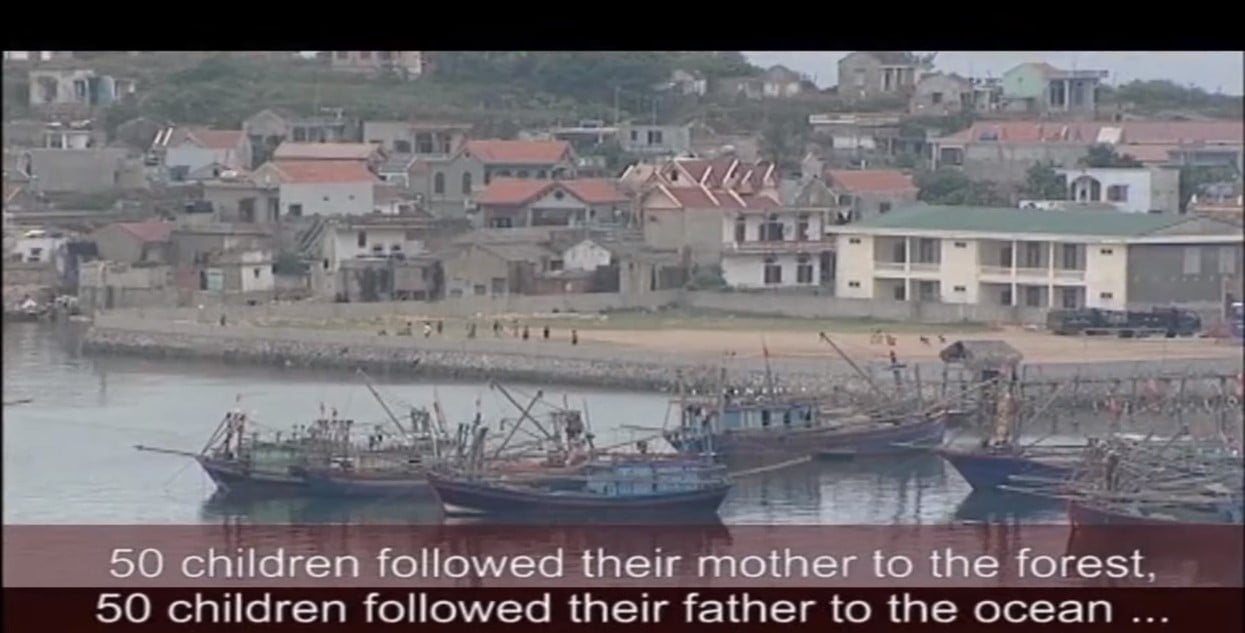
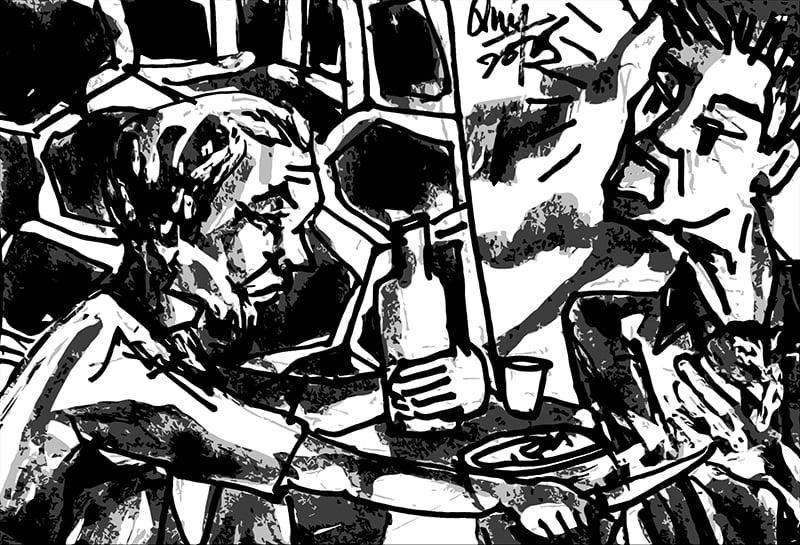
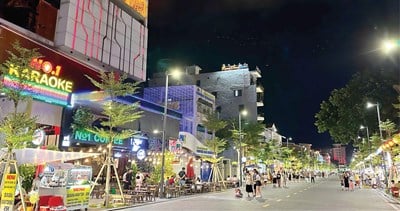
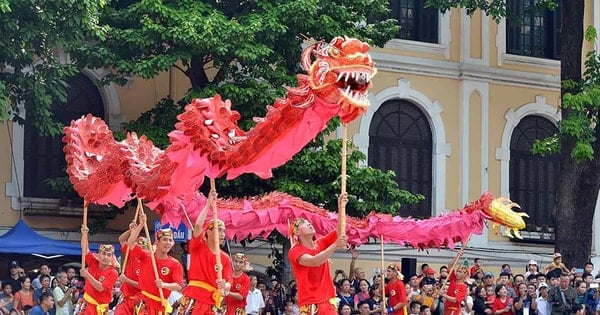
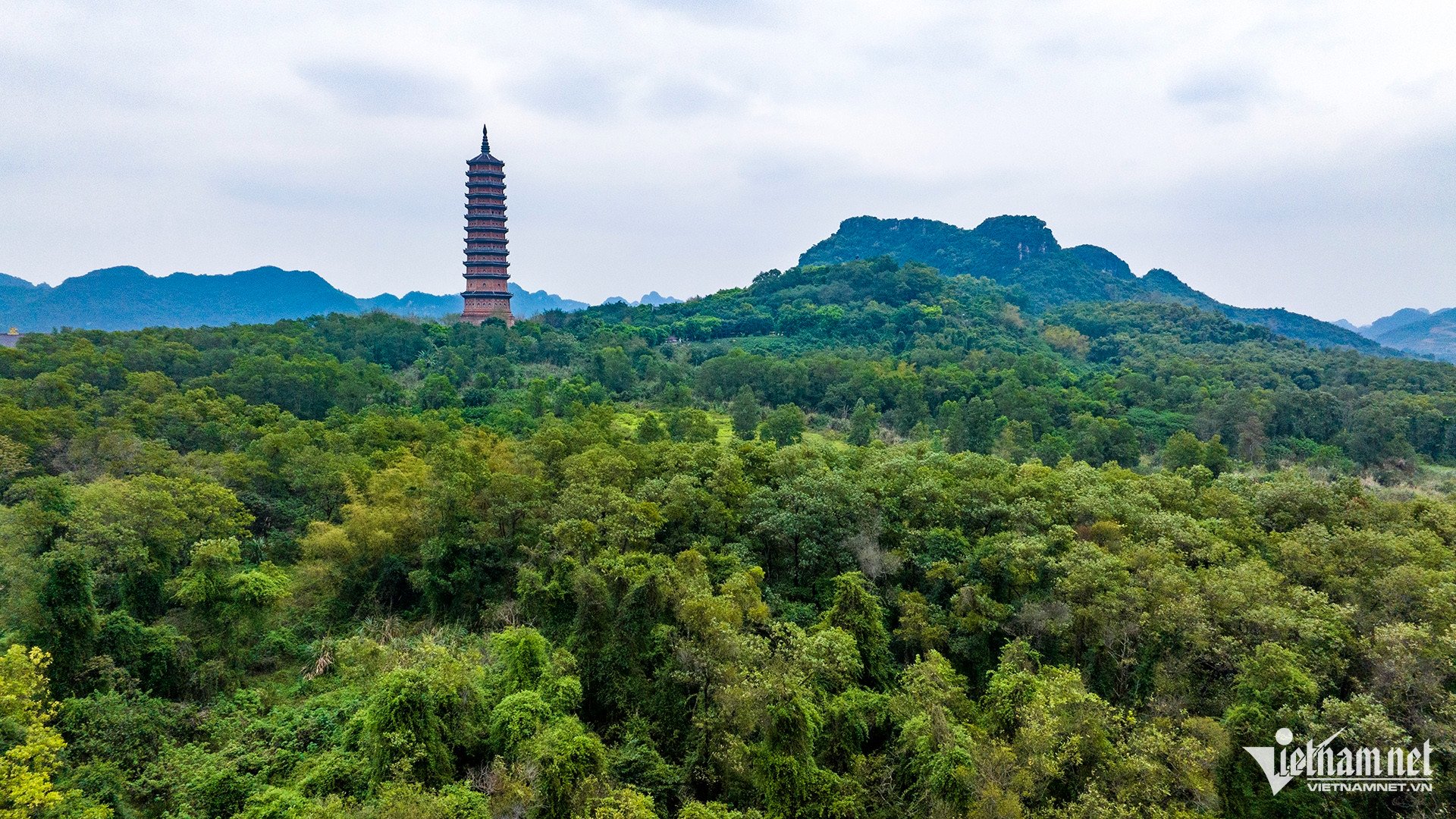
![[Photo] Prime Minister Pham Minh Chinh chairs meeting on US imposition of reciprocal tariffs on Vietnamese goods](https://vstatic.vietnam.vn/vietnam/resource/IMAGE/2025/4/5/9b45183755bb47828aa474c1f0e4f741)

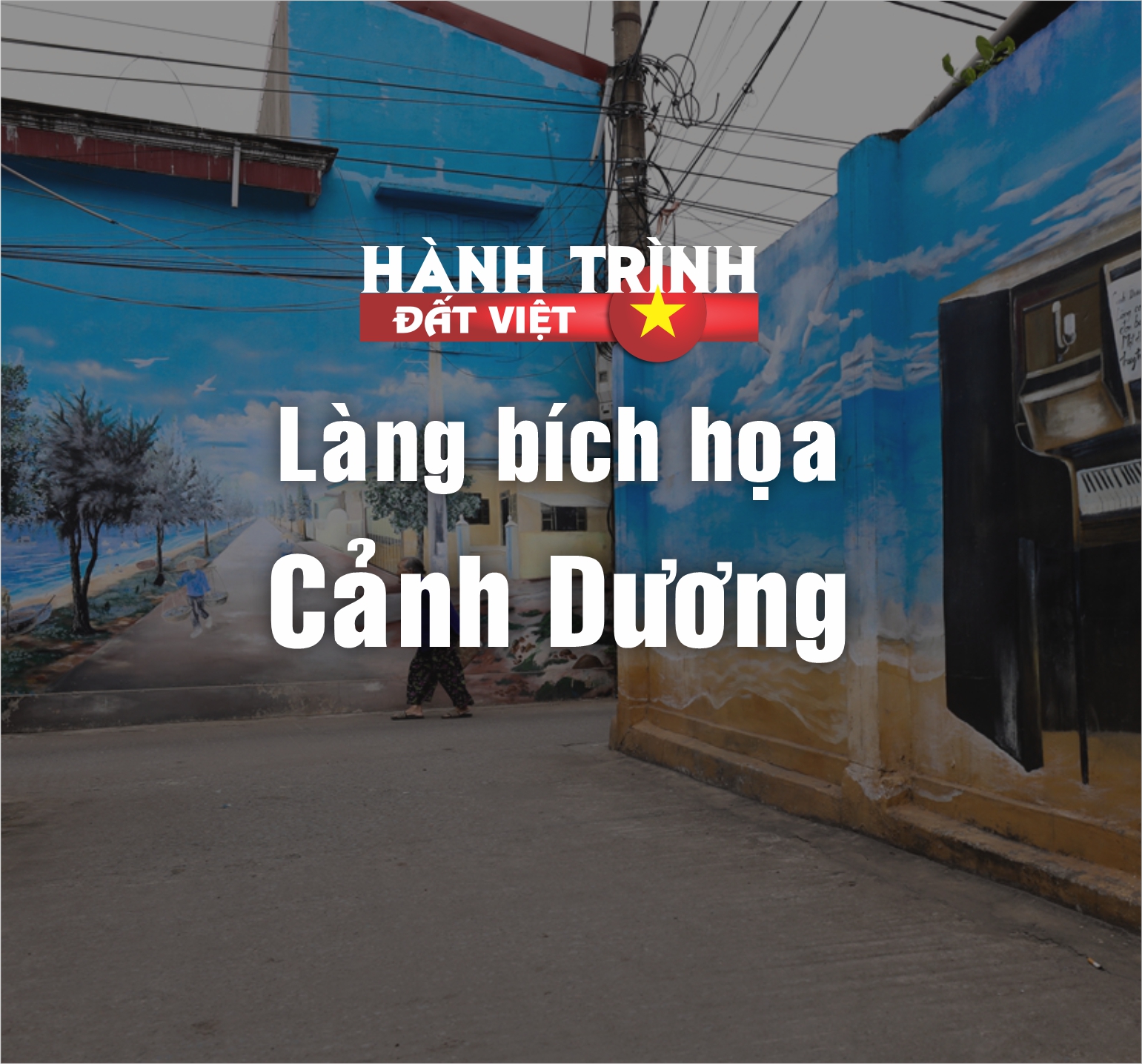

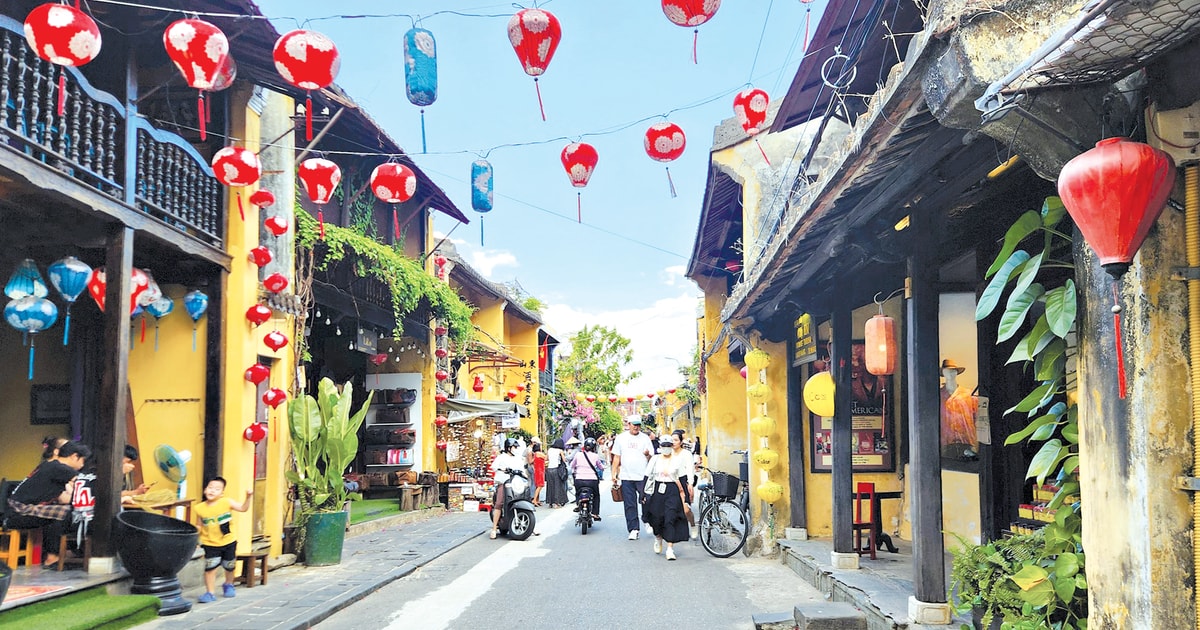

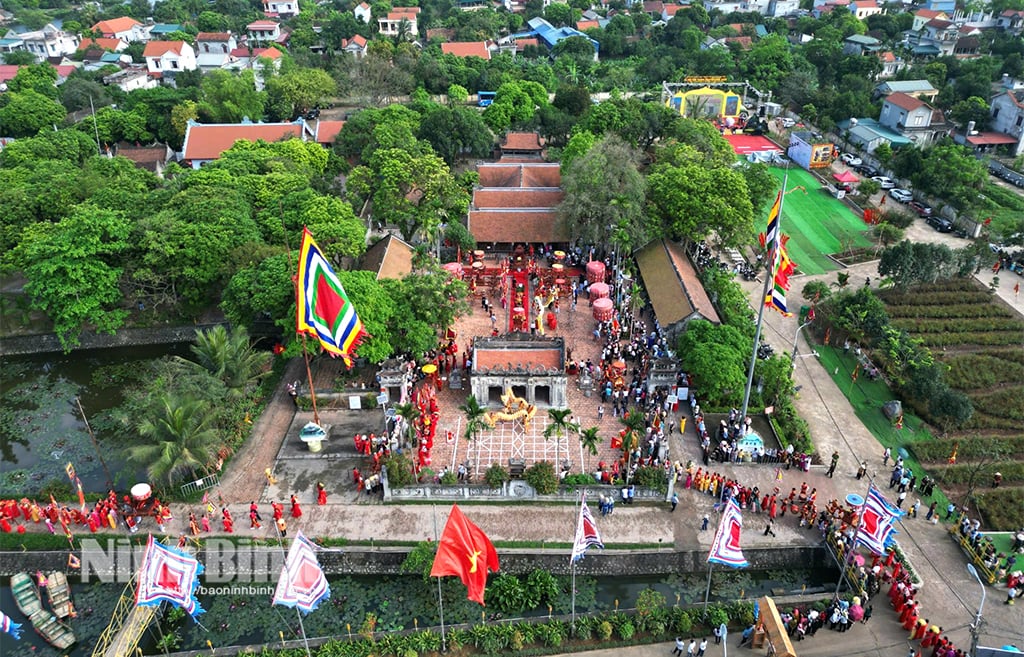

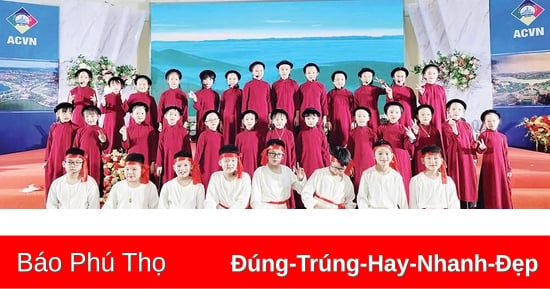

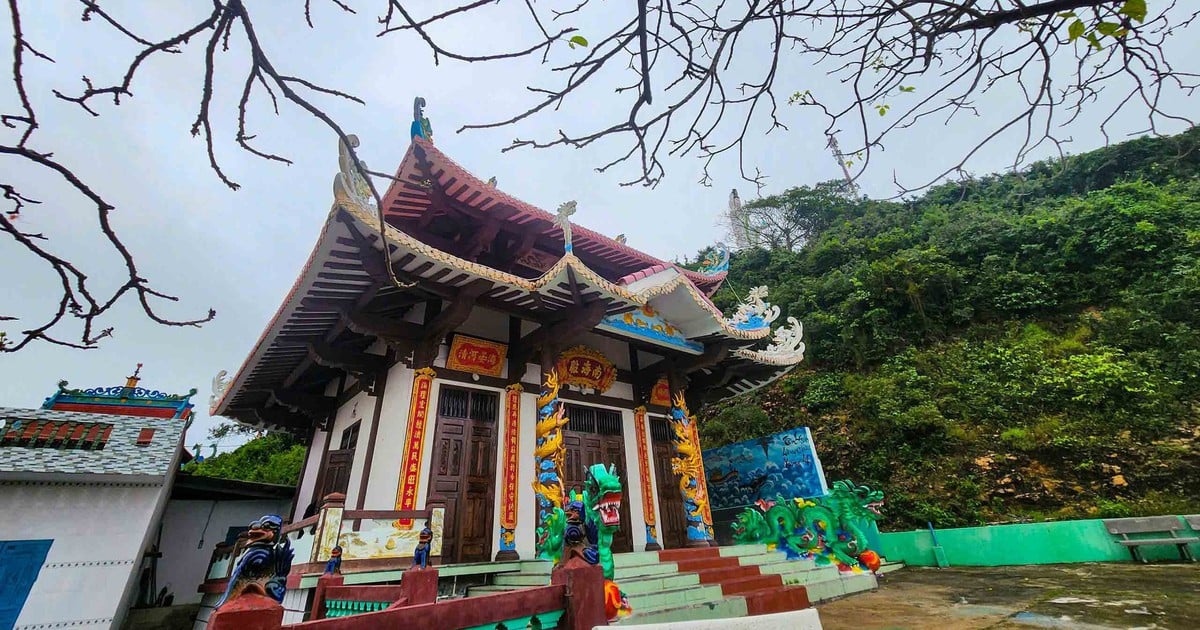

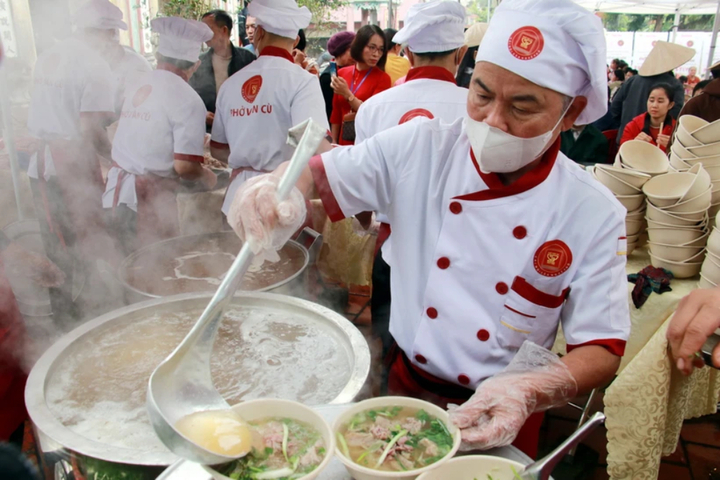

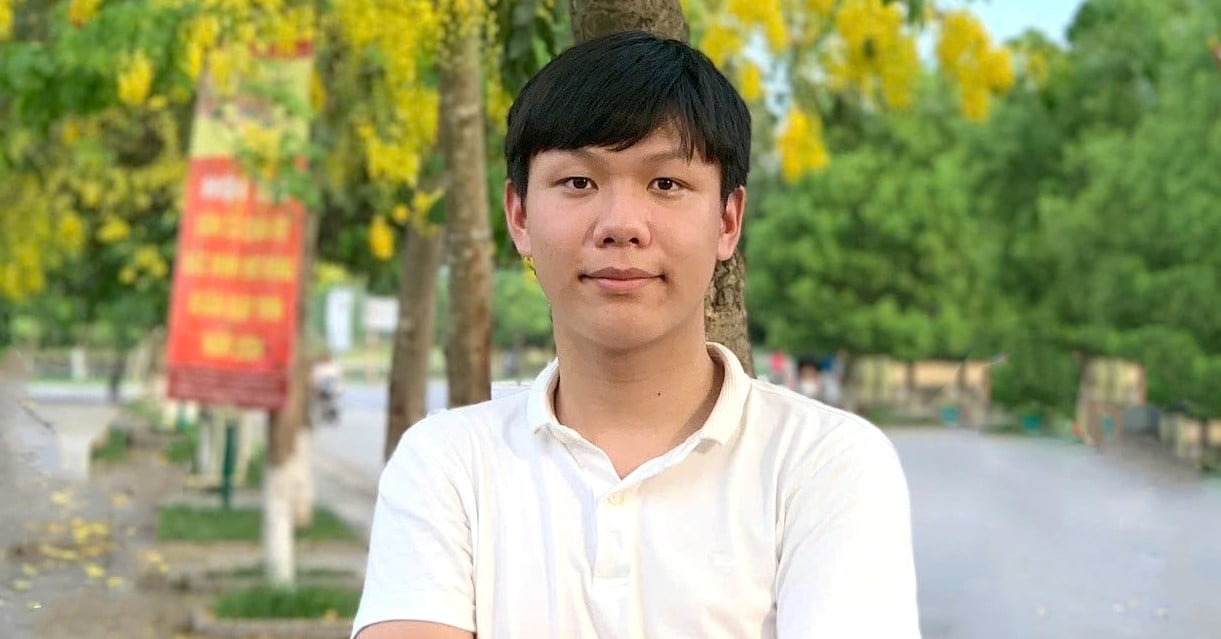

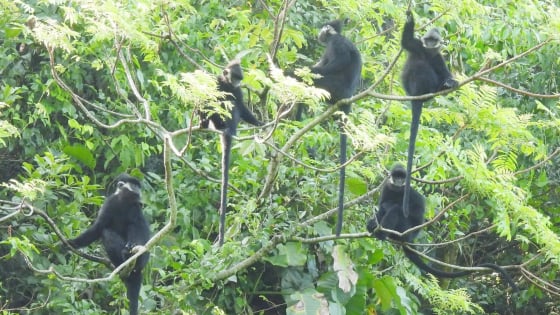

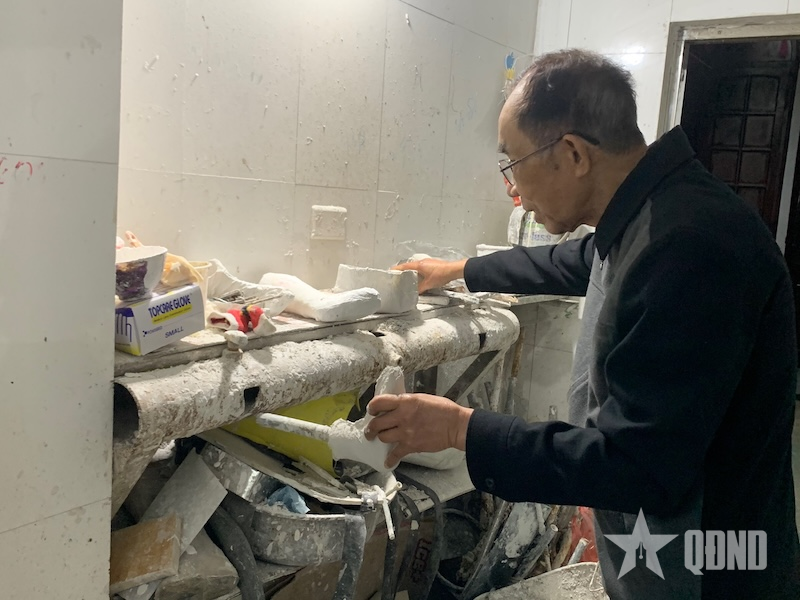

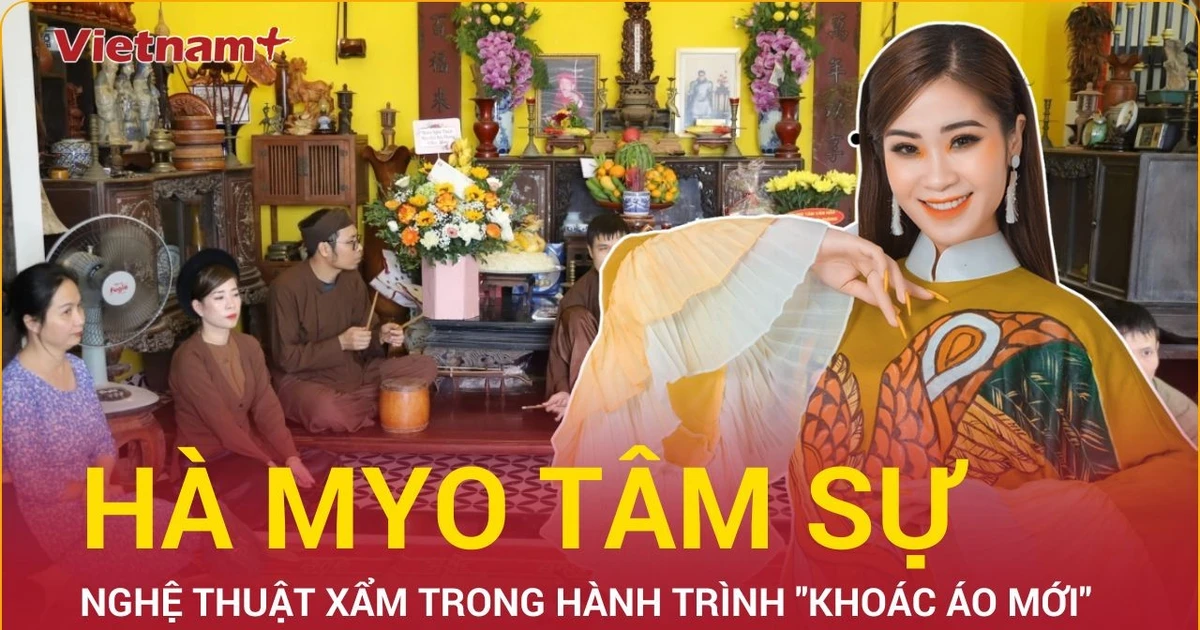

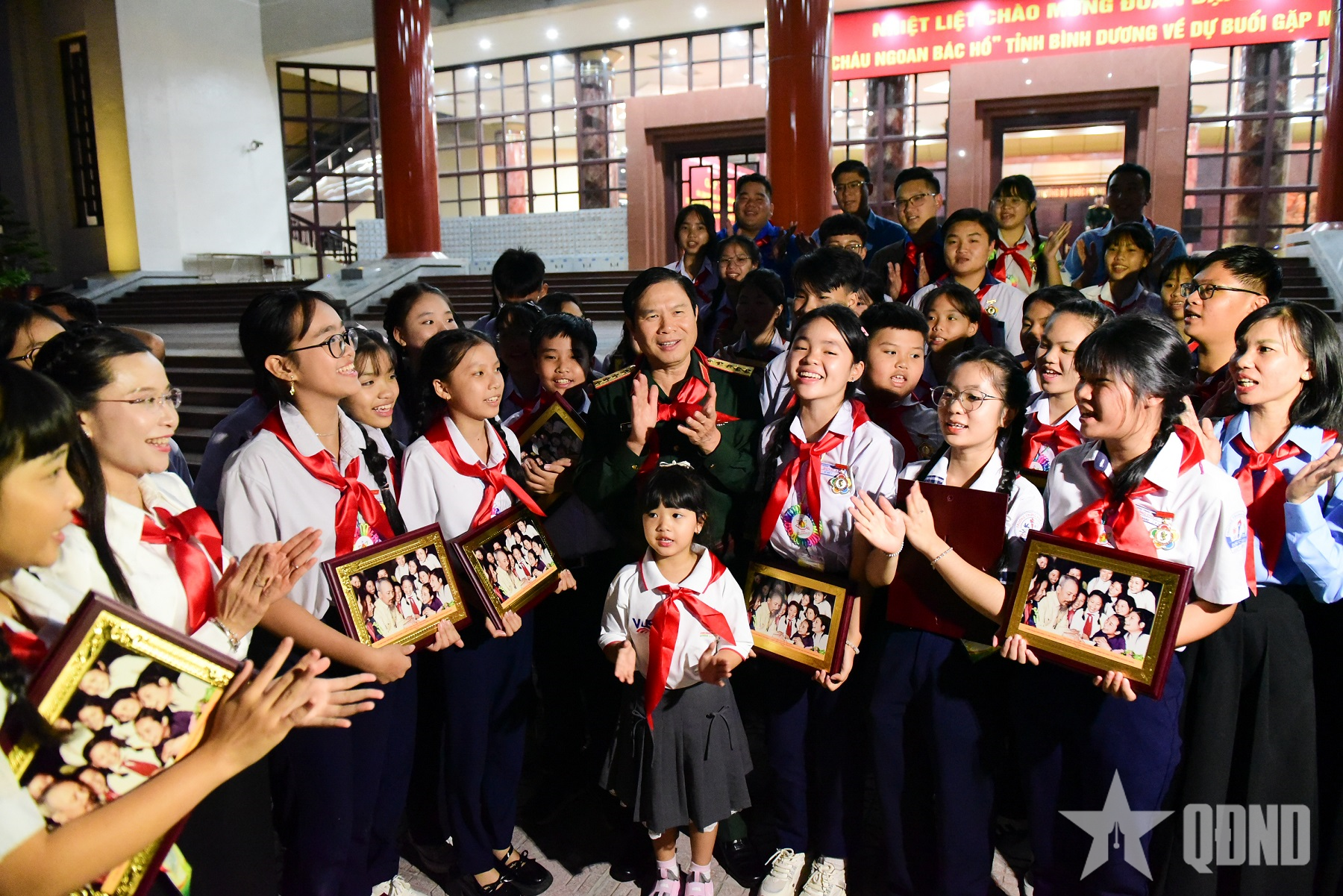
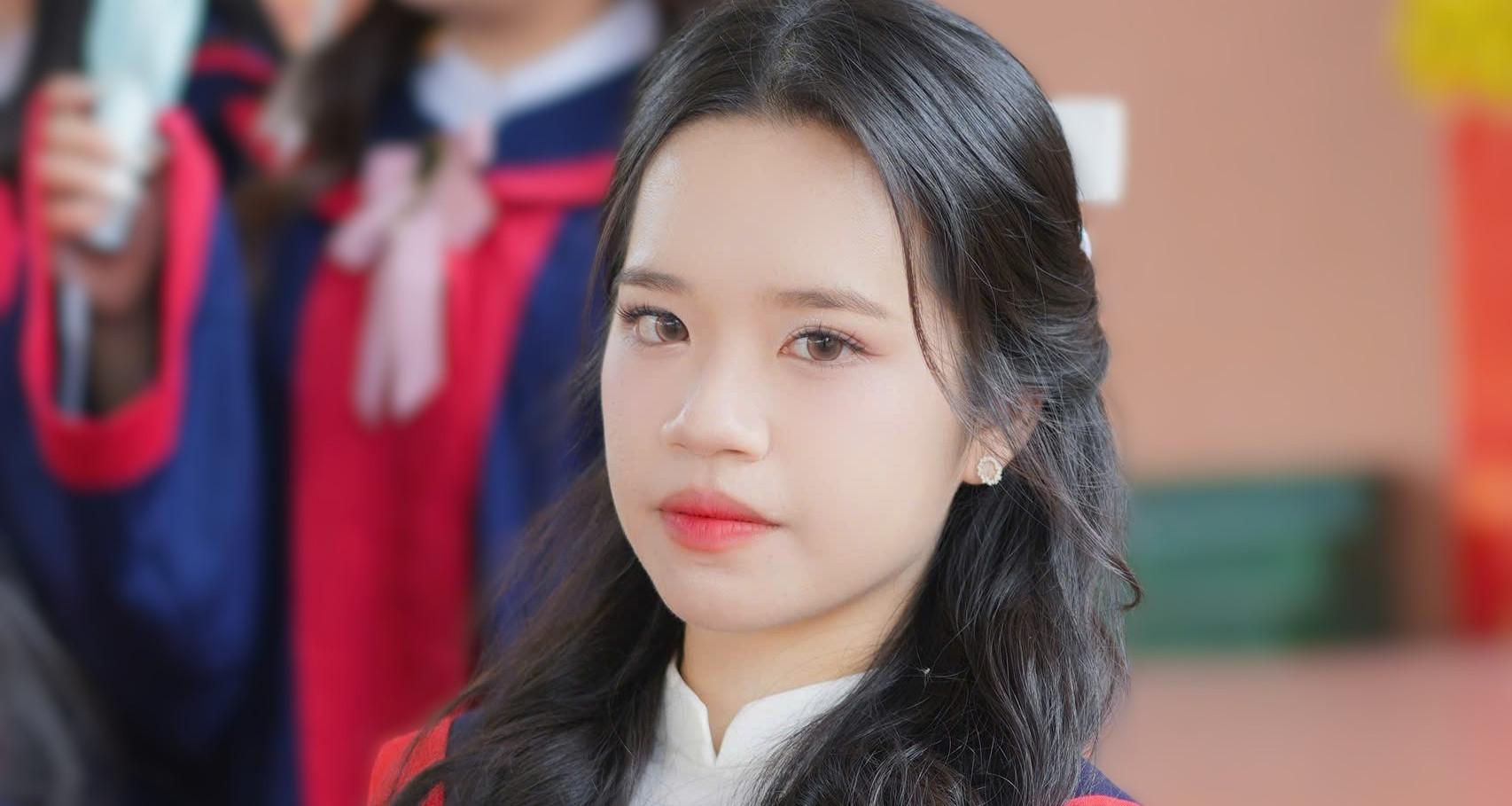
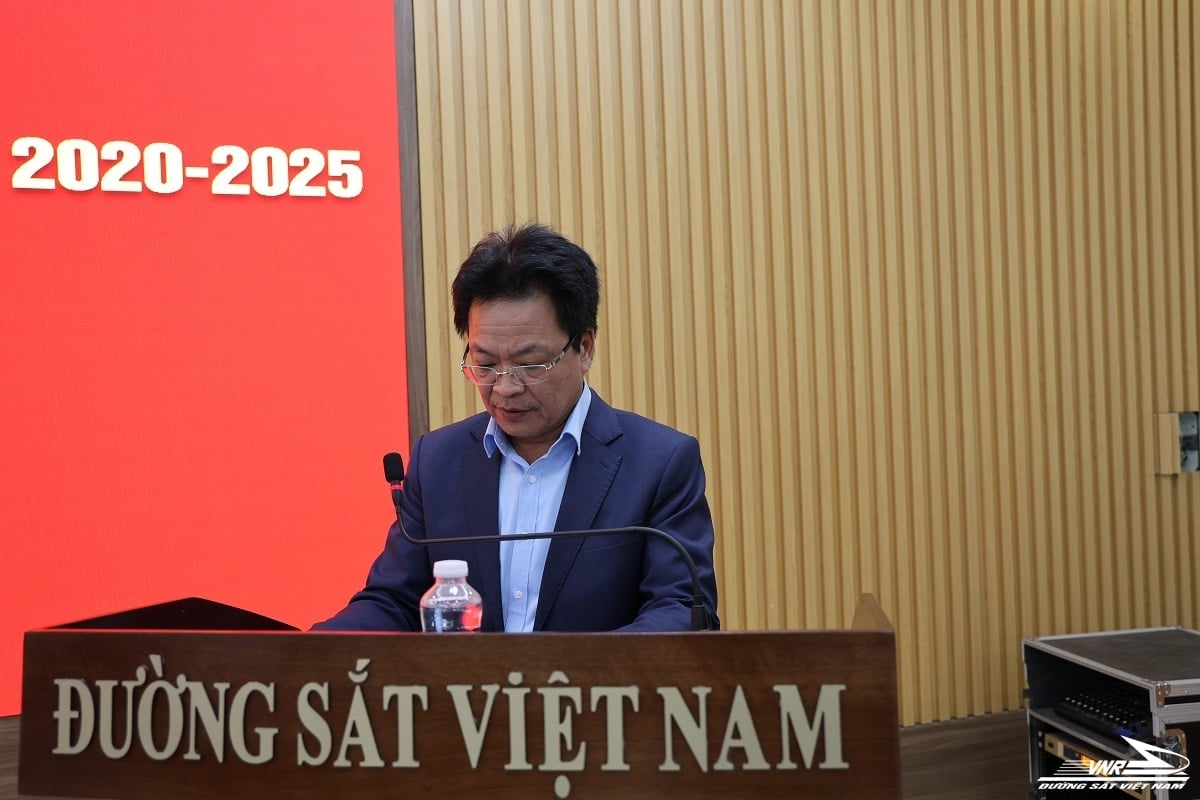
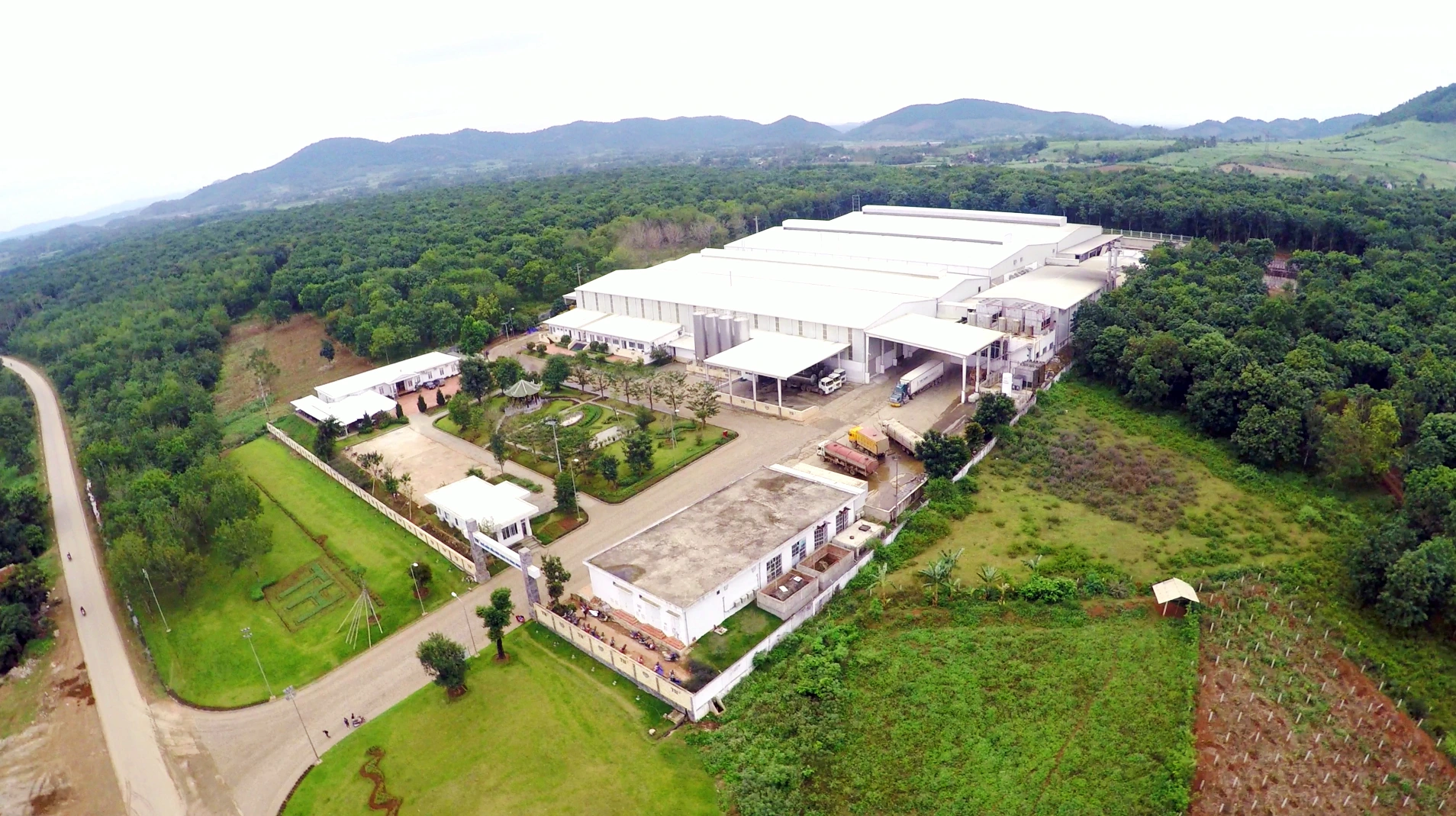










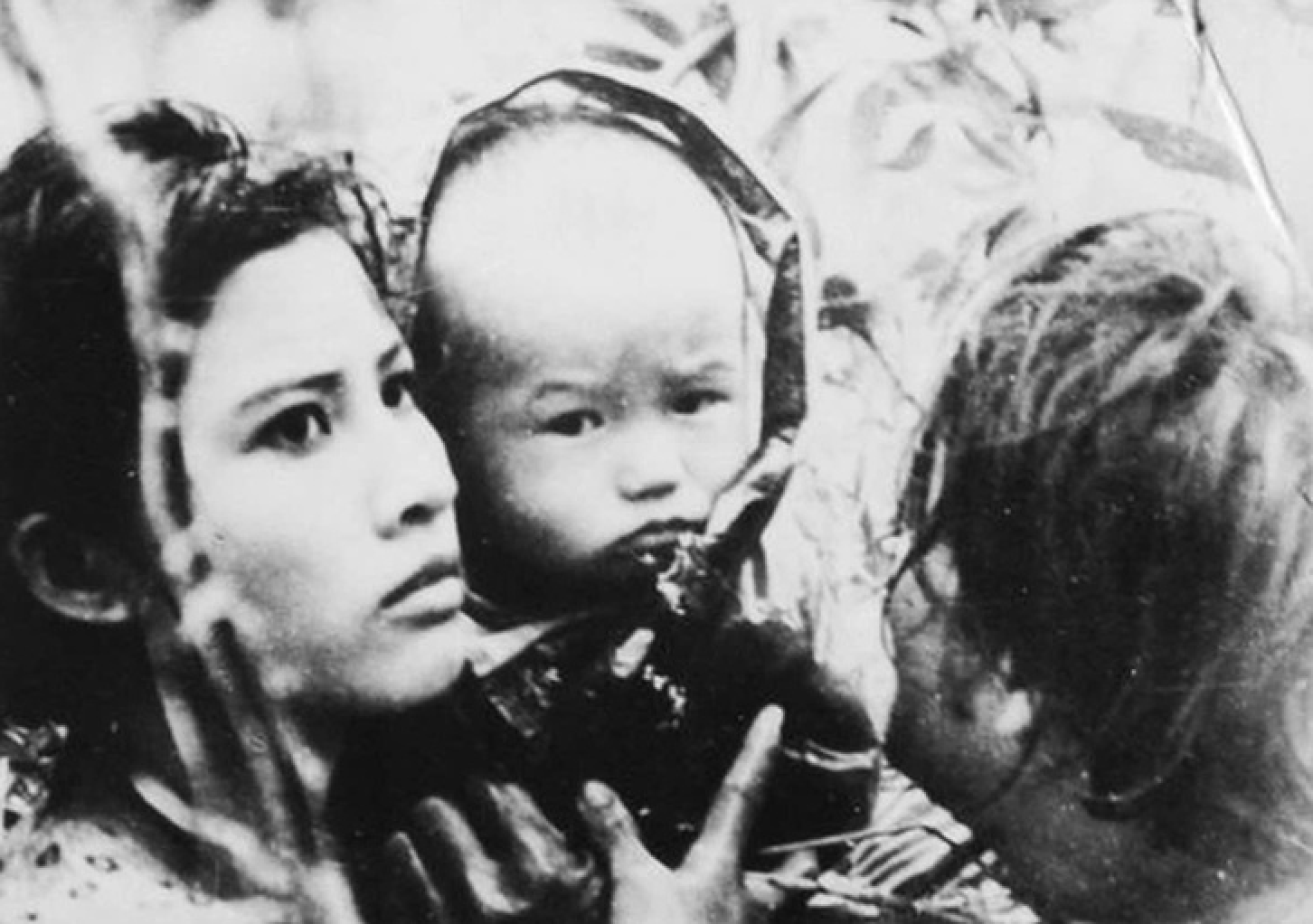






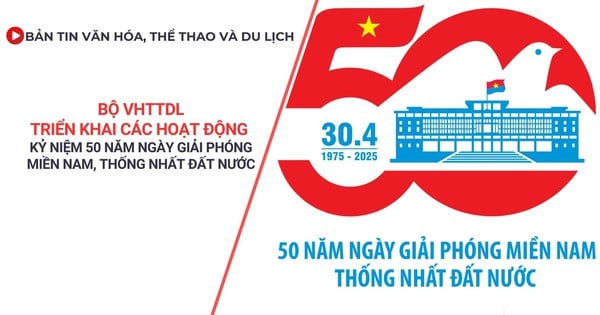






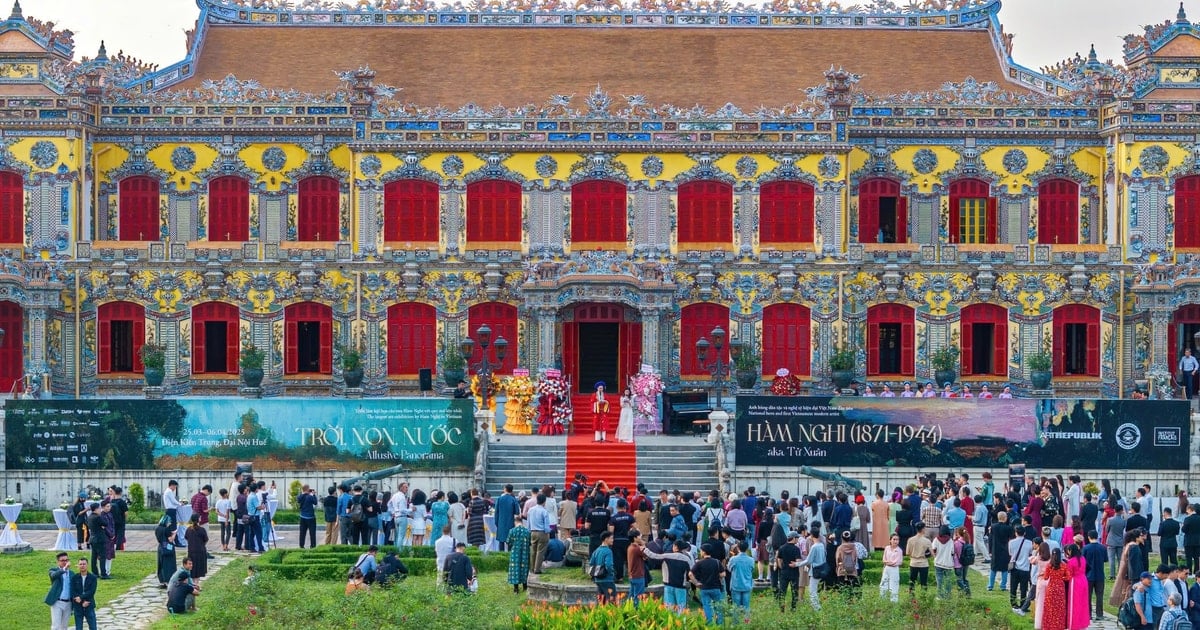
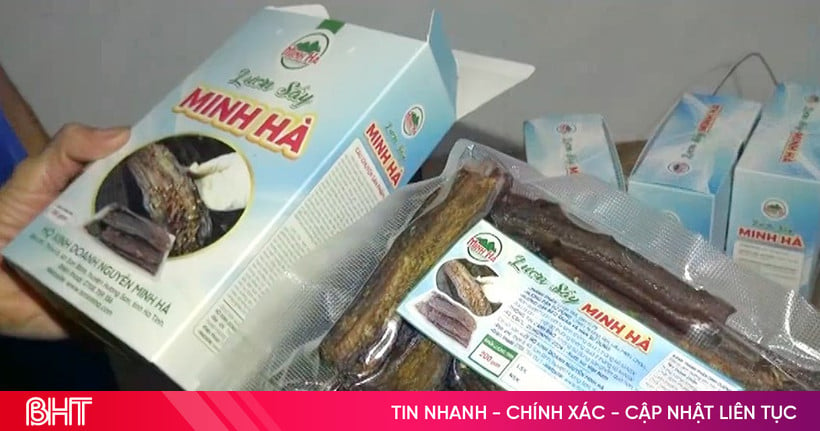

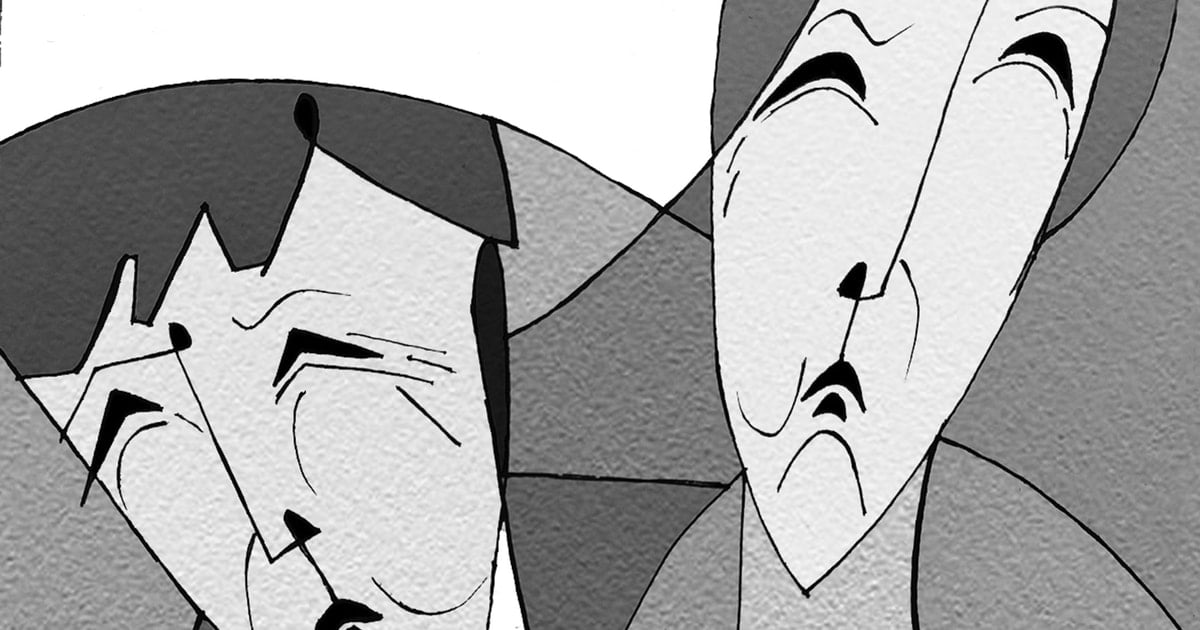


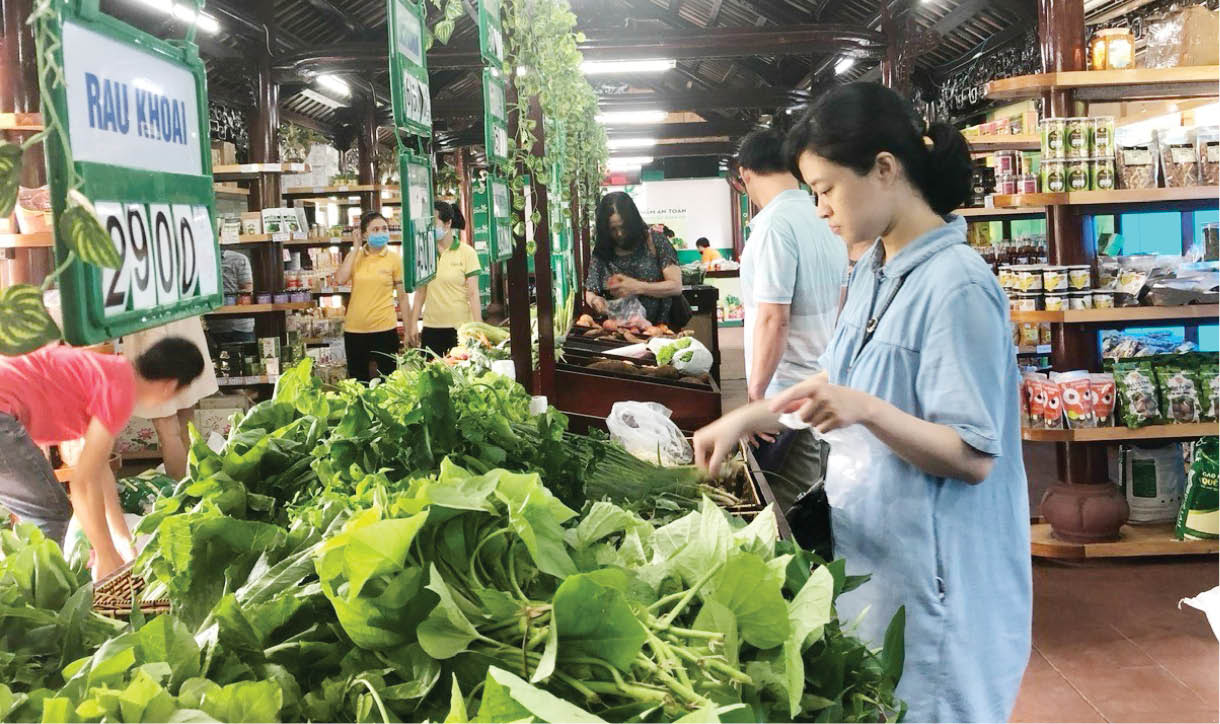

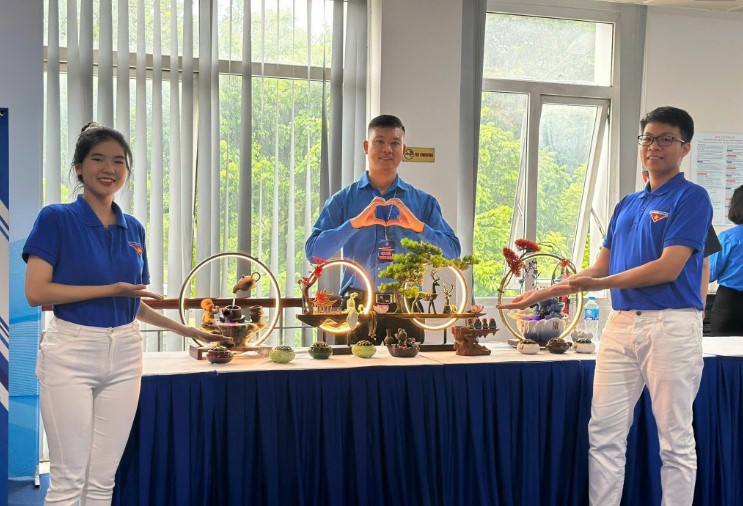
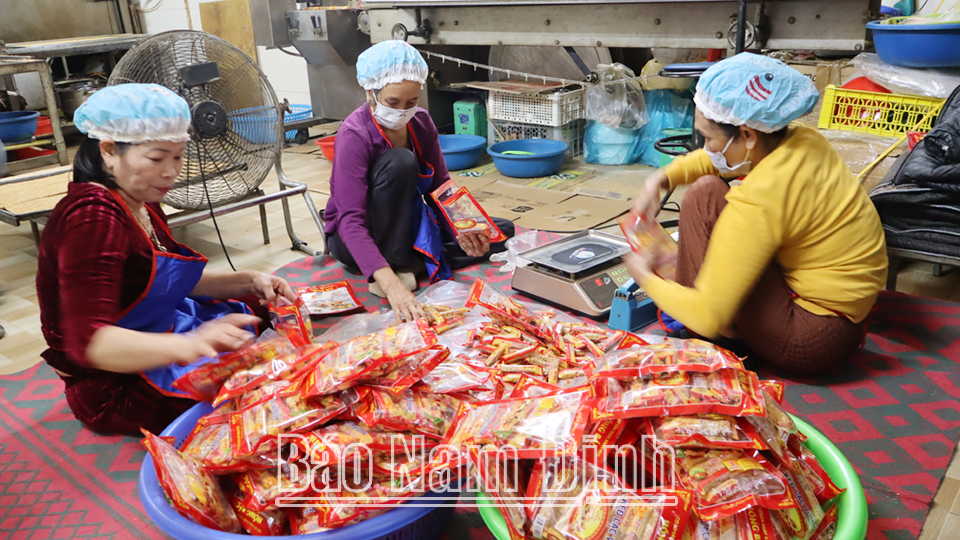

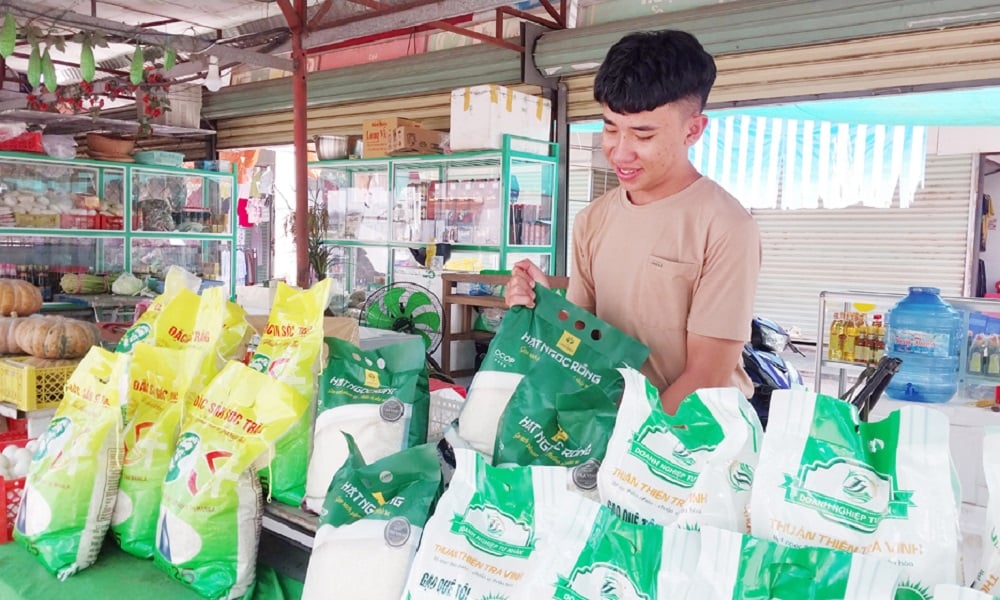



Comment (0)